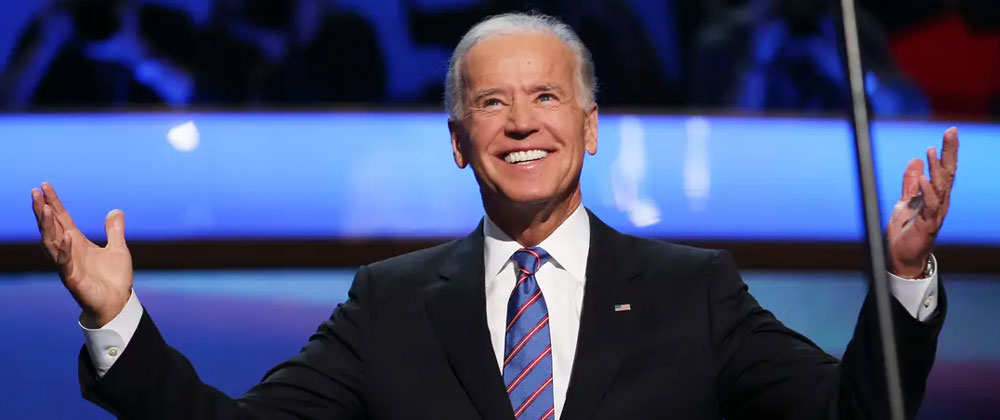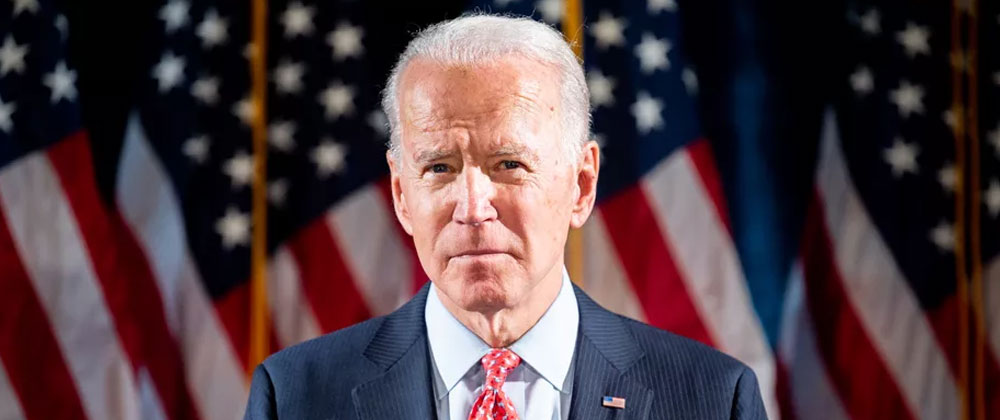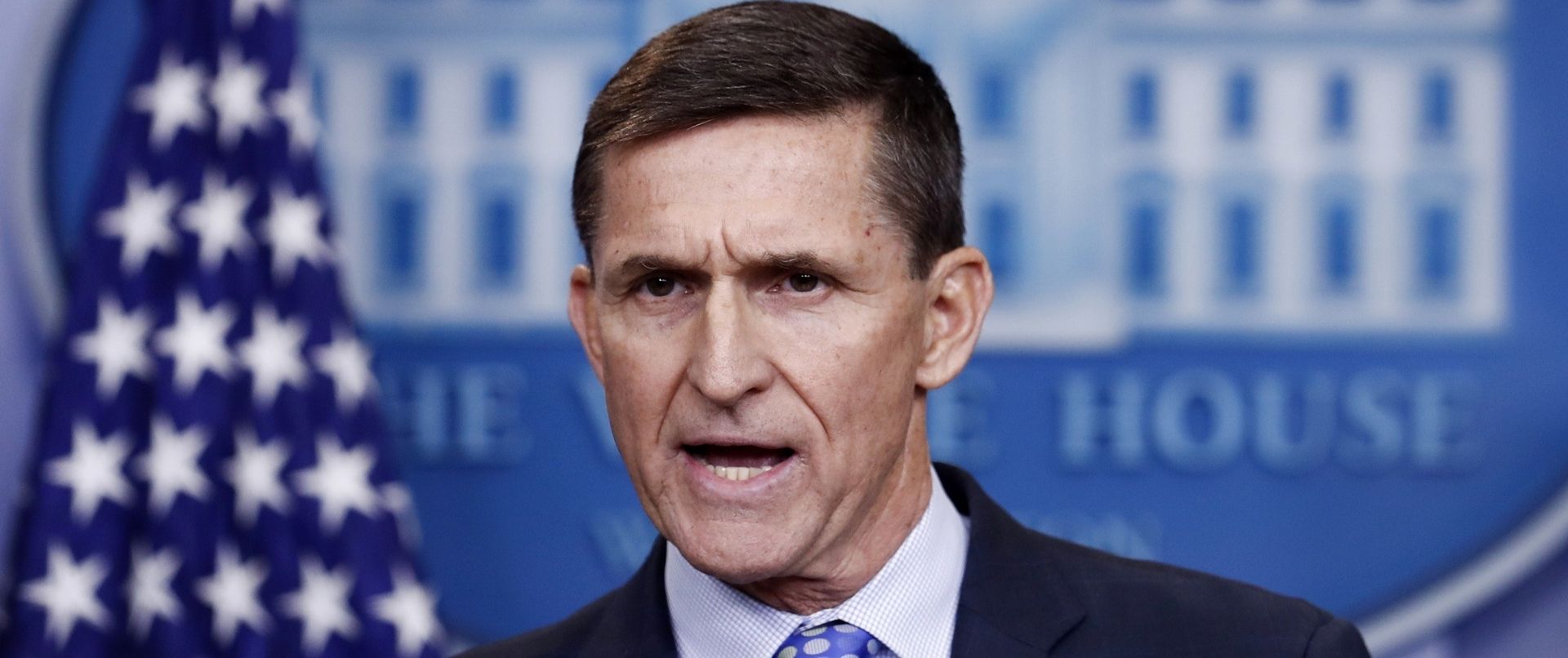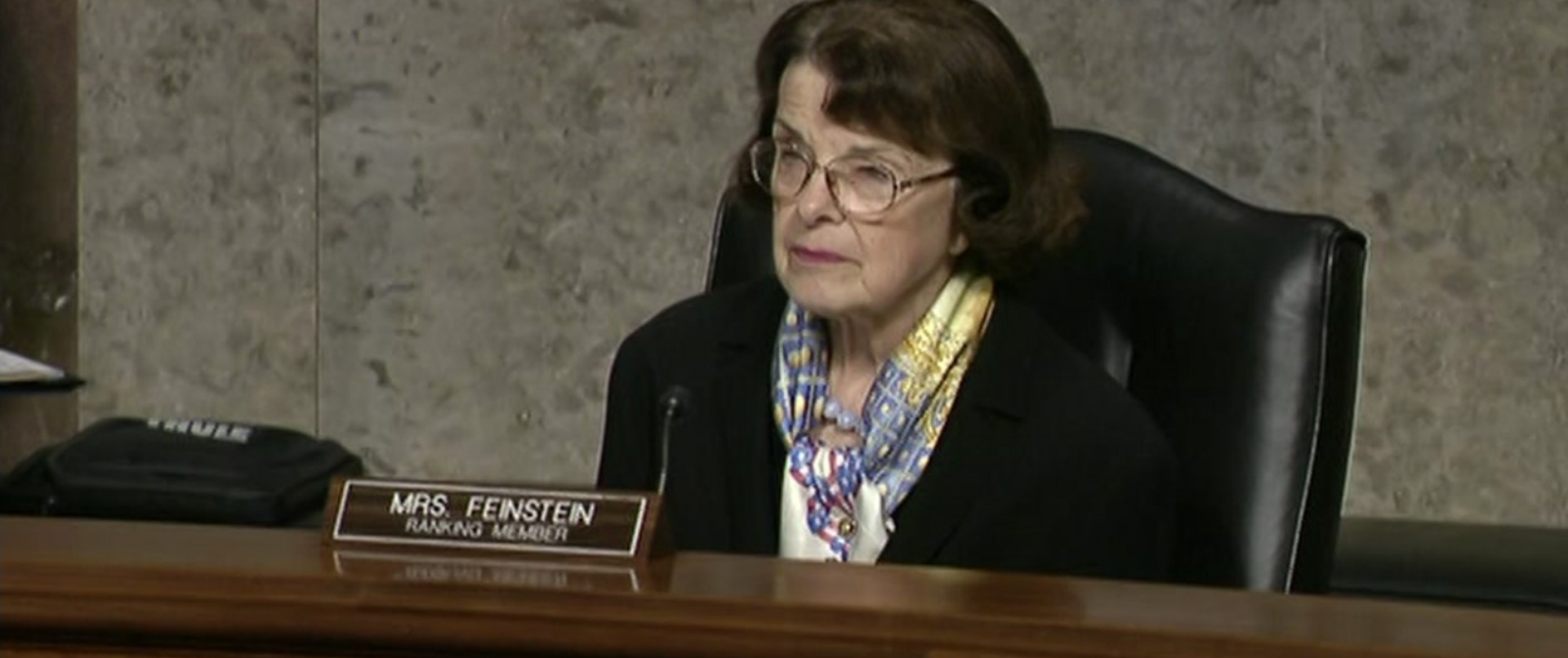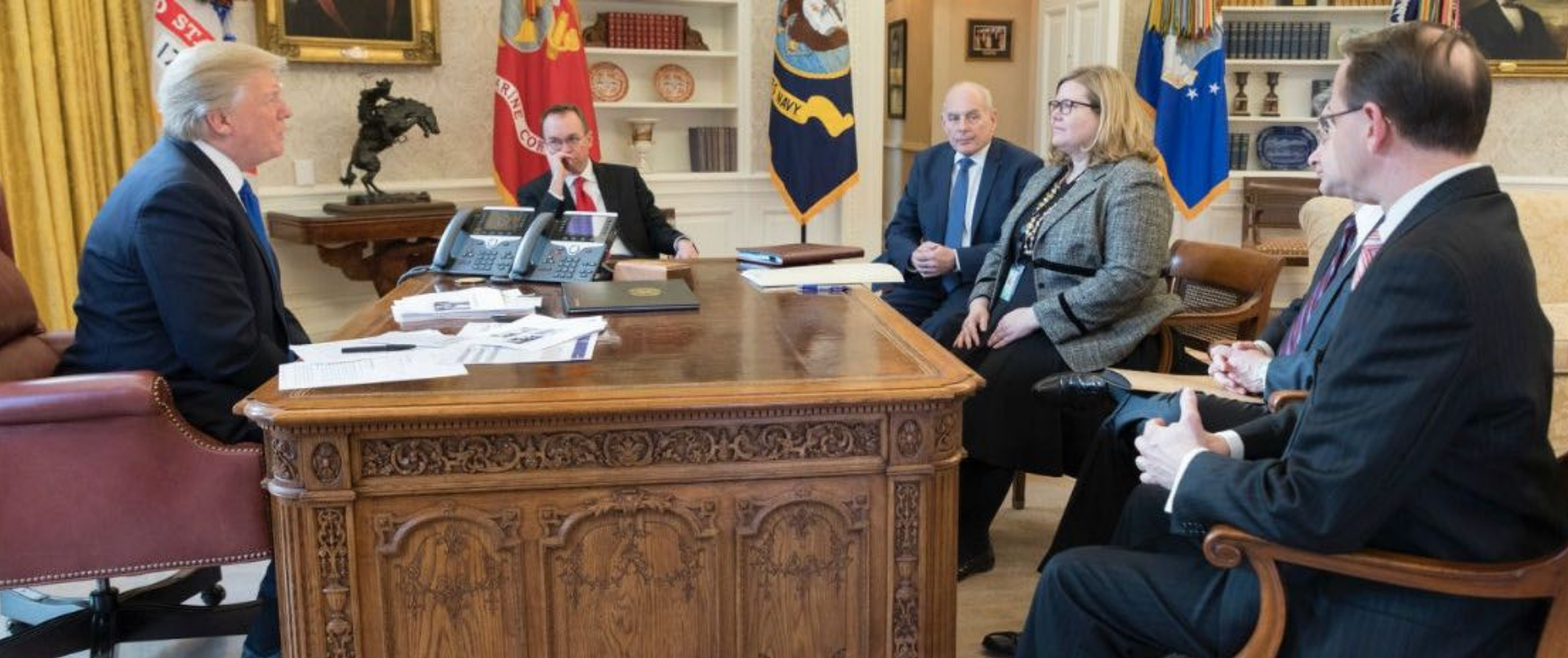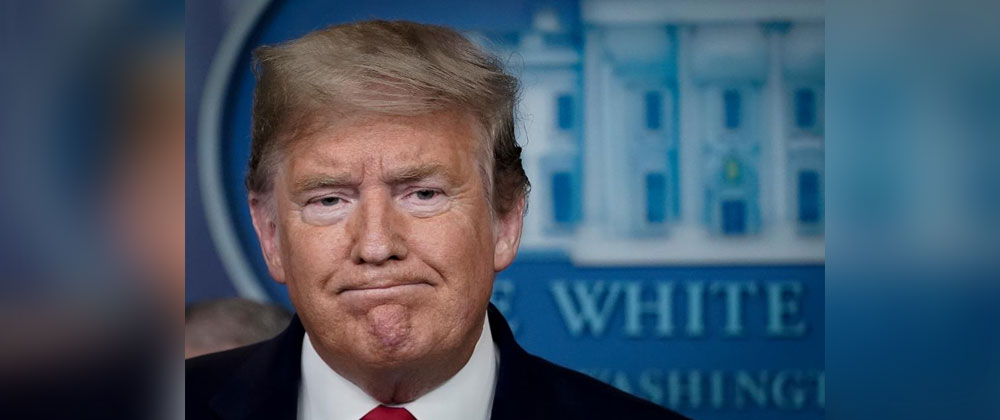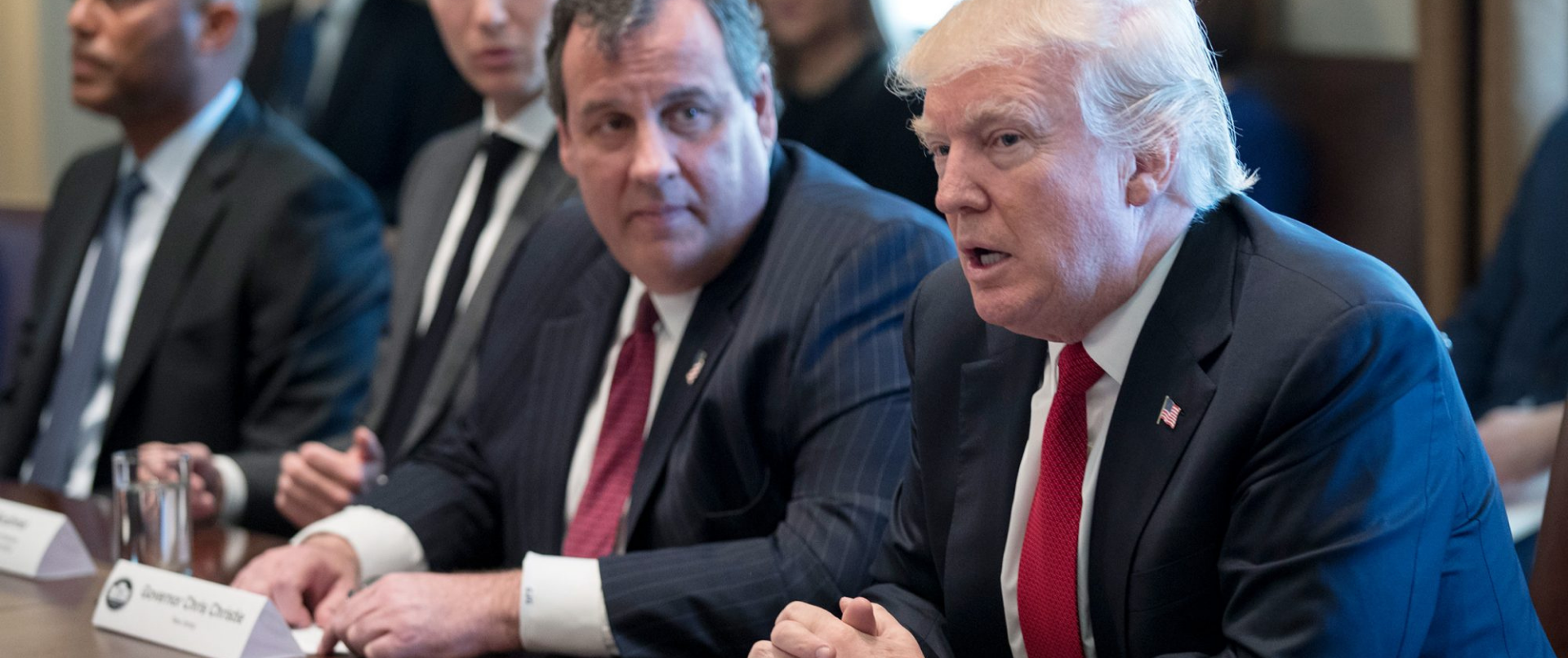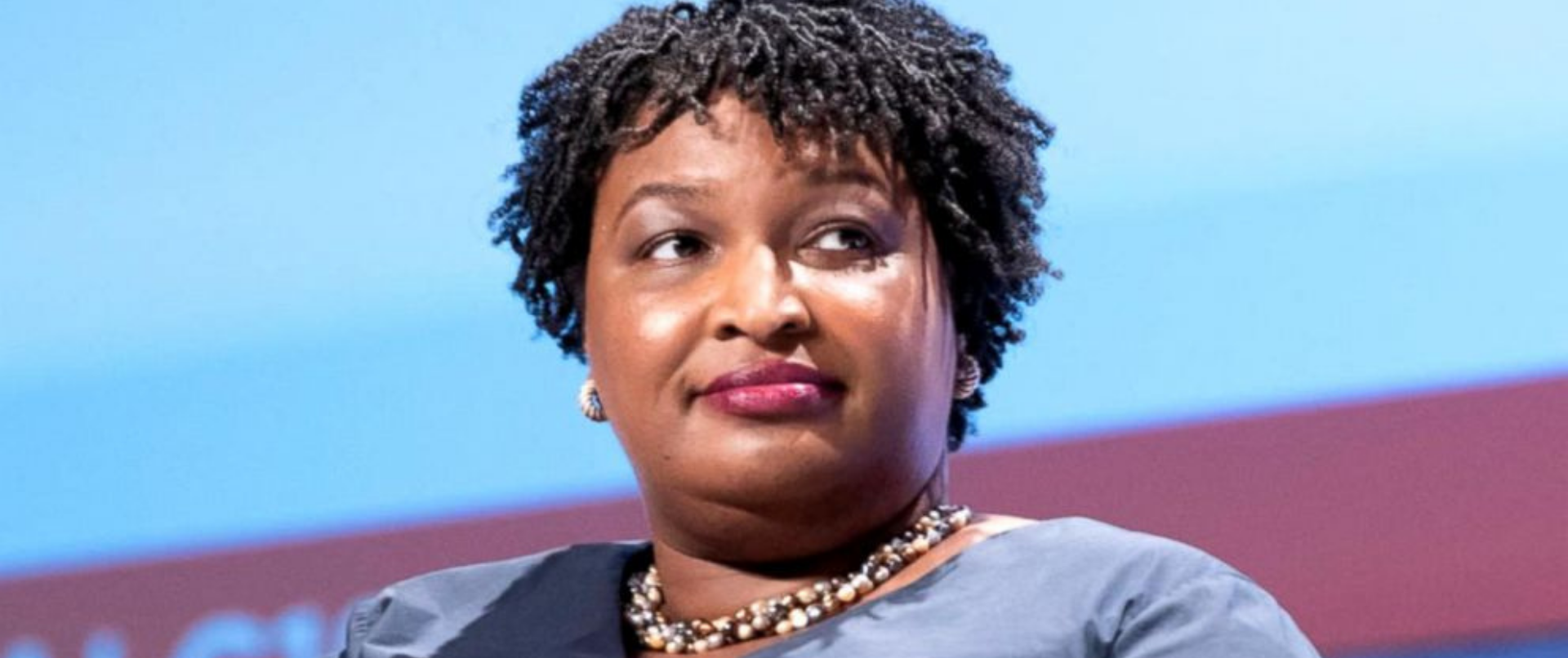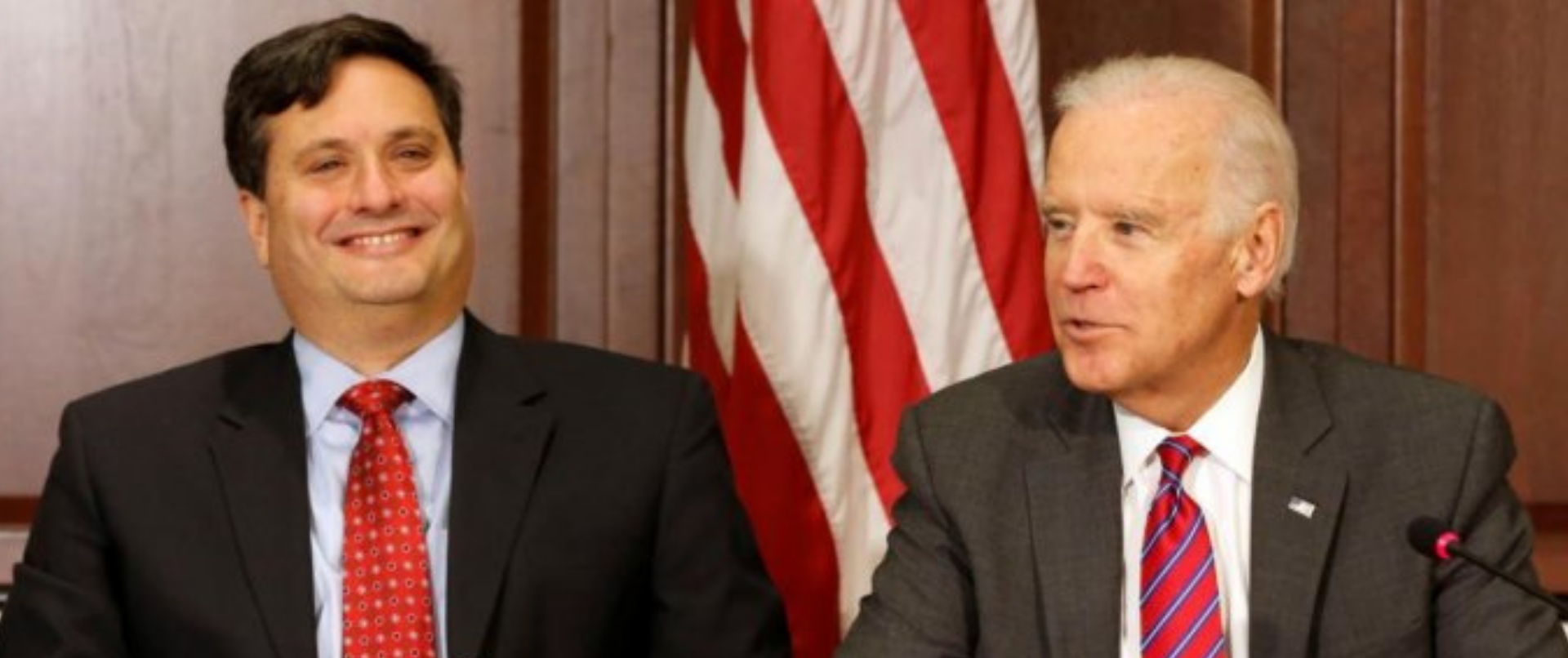Federal Judge Reinstates Democratic New York Primary
A federal judge has ordered New York to reinstate its Democratic presidential primary in June, the ruling is in favor of former presidential candidate Andrew Yang.
The Democratic commissioners of the state Board of Elections sought to cancel the primary last week because every candidate except former Vice President Joe Biden had ended their campaigns. Yang quickly sued, alleging that the cancellation “denies voters the right to vote.”
On Tuesday, Judge Analisa Torres appeared to agree with Yang while addressing the concerns that the state raised about holding an apparently unnecessary contest during a pandemic.
“Removing Yang, Bernie Sanders, and other candidates from the Democratic primary ballot will protect the public from COVID-19 only to a limited extent,” she wrote. However, prohibiting the candidates and their supporters “from participating in an election for party delegates will sharply curtail their associational rights.”
The move was supposed to be a way for the state to save money and avoid opening a polling site if there weren’t actually much of a race, this would also have the added benefit of reducing crowds at the.
The judge didn’t think that the pandemic required canceling the primary.
“Though all states are impacted by the current public health crisis, and some have rescheduled their presidential primary elections in light of COVID-19, New York is the only one to have canceled its primary, casting further doubt on Defendants’ contention that scrapping the primary is necessary to combat the risk posed by the virus,” she wrote.
Torres also agreed with Yang’s supporters that the delegate counts are still important, even if the candidates they’ve pledged to are no longer running.
“The removal of presidential contenders from the primary ballot not only deprived those candidates of the chance to garner votes for the Democratic Party’s nomination, but also deprived their pledged delegates of the opportunity to run for a position where they could influence the party platform, vote on party governance issues, pressure the eventual nominee on matters of personnel or policy, and react to unexpected developments at the Convention,” the decision says. “And it deprived Democratic voters of the opportunity to elect delegates who could push their point of view in that forum.”
A board commissioner didn’t immediately respond when asked about the possibility of appeals.



